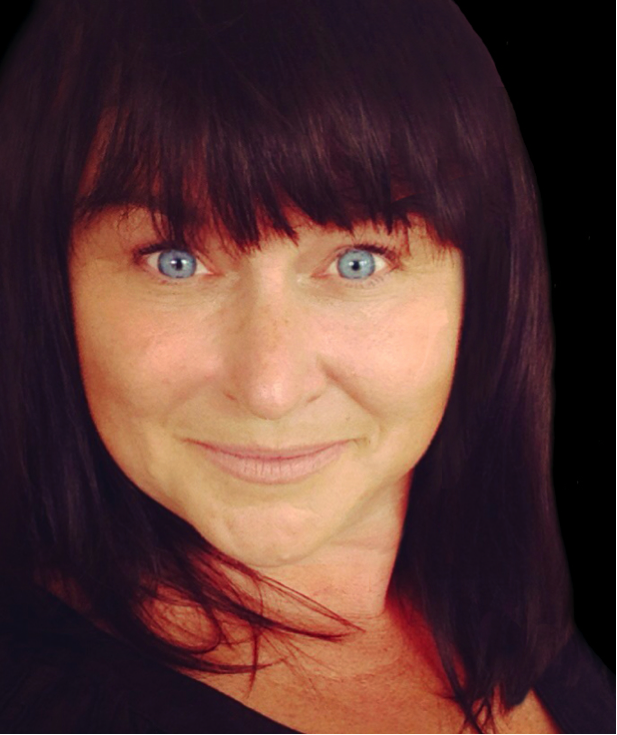We are a community of curious, connected and interested Melburnians contributing to and engaging on the important issues of today and tomorrow.
Melbourne Forum gives you access to the highest level of expertise and real-world lessons that our conversation leaders – all with a reputation for excellence – bring to the table under the Chatham House rule.
We are committed to providing a platform for, and the increased visibility of, diverse voices.
With varied formats (in-person or virtual; conversation leader or members engaging with each other; learning from experts or new experiences) there are multiple ways to participate.
Explore our upcoming program of events and forums.


- This event has passed.
What constitutes a good death?
- Lunch with Rebecca Bartel
Hosted by:
November 22, 2016 @ 11:30 pm - November 23, 2016 @ 1:00 am
What is a good death?
When it comes to death the statistics are clear.
We will all die.
Most of us want a “good death” where we are in control, free from pain, surrounded by loved ones. But is this what a “good death” really looks like?
Australia does not do death well.
Over 70% of Australians want to die at home, but sadly less than 14% will. Our last 18 months of life are expensive and diminished by overly medicalised and institutionalised care.
Yet, despite this, people are dying from irreversible chronic diseases and are unprepared. They receive aggressive and non-lifesaving care without consent, and as a result, miss out on spending valuable time with loved ones. Those grieving are left traumatised.
Talking about end of life care wishes before a crisis is critical for all Australians.
This Melbourne Forum is dedicated to helping people talk about their end of life care wishes and sparking cultural change at the dining table – not in the intensive care unit when it’s simply too late. I wonder if this sentence crosses the line a bit – in that MF doesn't push a particular issue or opinion – it just provides a forum for discussion? Could be changed to:
How can we help people talk about their end of life care wishes and spark cultural change at the dining table and not in the intensive care unit – when it’s simply too late?
Come and join in this important and confronting discussion.


